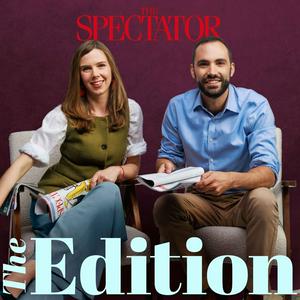‘Authority is like virginity. Once it’s gone, it’s gone’ – that's just one of the damning quotes about Keir Starmer that Tim Shipman has extracted from sources inside the Labour government. Much of Starmer's bad luck this week is arguably of his own making, so why is he seemingly so bad at being the Prime Minister?
For this week's Edition, host Lara Prendergast is joined by political editor Tim Shipman, associate editor – and Conservative peer – Toby Young, and the broadcaster Guto Harri, who – as a former director of communications at Number Ten himself – knows a thing or two about the brutal reality of being at the heart of government.
As well as Starmer's torrid week, they discuss: why defence minister Al Carns of the 2024 intake is being talked up as a potential successor to Starmer; whether Kemi Badenoch has improved as Tory leader – and can she avoid being the Iain Duncan-Smith of the 2020s; how the Epstein files have proven royal biographer Andrew Lownie right; why we are seeing a boom in children's toys for adults and whether it matters; what the panellists make of the new Wuthering Heights adaptation; and finally, is there anything wrong with a man wearing a wig?
Produced by Patrick Gibbons.
Become a Spectator subscriber today to access this podcast without adverts. Go to spectator.co.uk/adfree to find out more.
For more Spectator podcasts, go to spectator.co.uk/podcasts.
Contact us:
[email protected] Hosted on Acast. See acast.com/privacy for more information.


